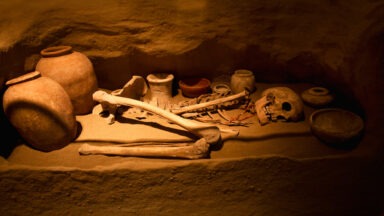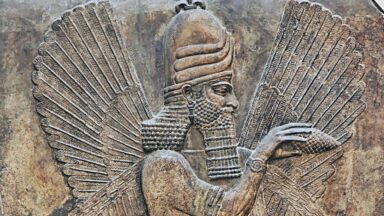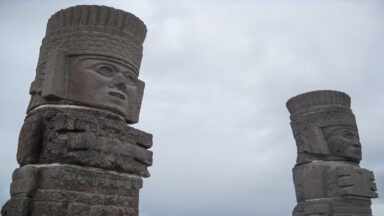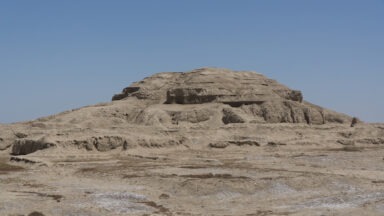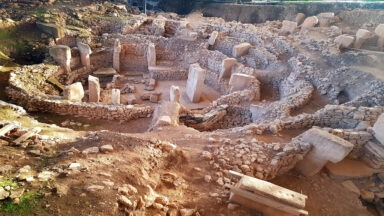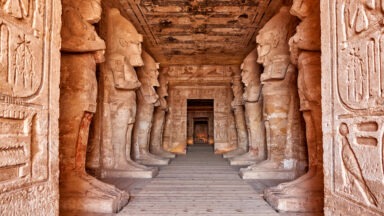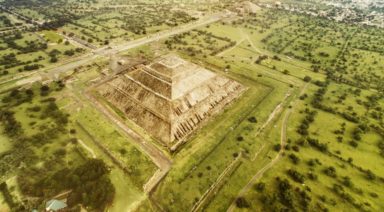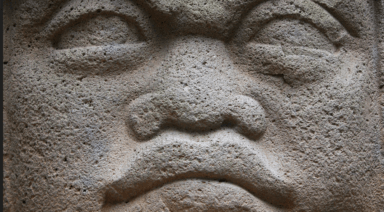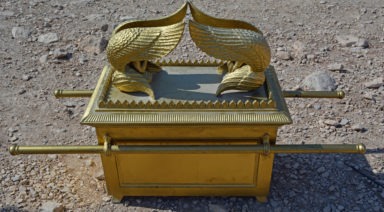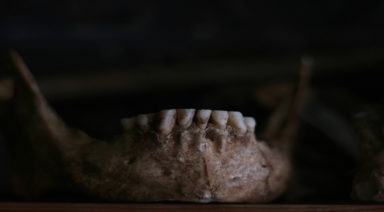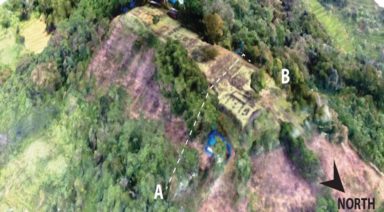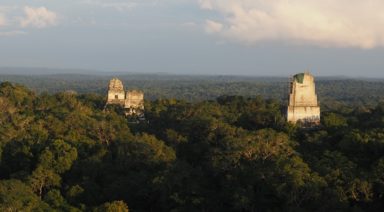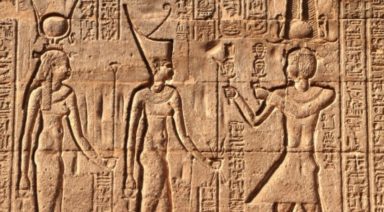Amateur Historian Finds Ancient City & Discovery Changes Human Timeline
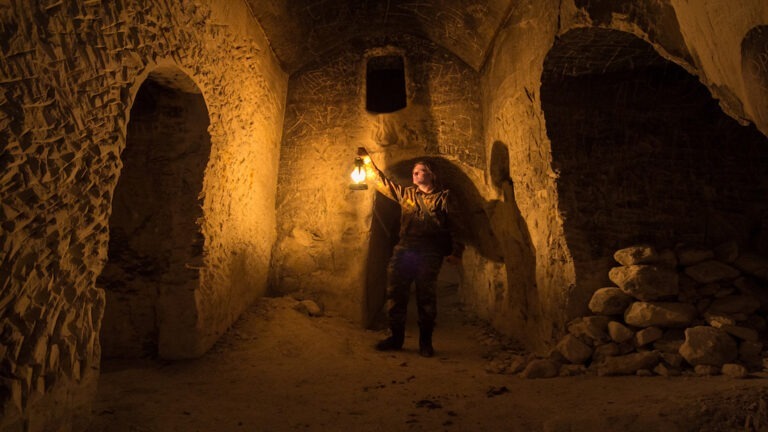
The timeline of history changes again, as new evidence pushes the oldest known Homo sapiens in Africa back thousands of years.
In southwestern Ethiopia, a mystery nearly a quarter of a million years in the making has been solved. Homo sapien remains found near the Omo river, dubbed “Omo 1,” were originally found in the 1960s. Scientists struggled for years to establish a date for these remains, but in 2005 they determined Omo was approximately 195,000 years old.
Now, a new study by volcanologist Dr. Celine Vidal of Cambridge University pushes that date much farther back by more than 30,000 years, which places modern humans in eastern Africa more than 230,000 years ago.
Vidal was able to determine this by comparing the thick layers of ash left by an ancient volcano from the top of the remains of Omo 1 with ash known to be from a volcano that erupted about 230,000 years ago. Now that the minimum date for Homo sapiens in eastern Africa has been established, researchers are searching for the maximum.
As, Christine Lane, a co-author of the study stated, “[I]t’s possible that new finds and new studies may extend the age of our species even further back in time.”
Polish Diplomat Makes Rare Discovery
A Polish diplomat has reportedly found a long-lost, ancient city that professional archeologists and historians have been searching for two centuries.
Robert Rokicki, a Polish diplomat, and history enthusiast, stationed in Turkey, told the Anadolu Agency he found the ancient city of Thebasa by doing what he calls “histracking” or off-road hiking in historical places.
Rokicki believes the ancient city is in the Pinarkaya village of southern Karaman Province. Thebasa played a role in the five-centuries-long conflict between the Byzantine Empire and Muslim Caliphates, but was destroyed and apparently abandoned in the year 806 AD.
The Roman geographer, Pliny the Elder, had written of Thebasa saying it lay in the Taurus mountains but until now had never been found. But perhaps the best part is, Rokicki found the city by accident. He says he was looking for another place altogether when he stumbled on Thebasa.
Nevertheless, professor Stephen Mitchell a British Academy Fellow said of the amateur Rokicki’s discovery, “[A]dds a whole new chapter to the story of the conflict between the Byzantines and the Arabs in the 10th and 11th centuries,”
Now that the site has been located, expect to see many more discoveries as the “professional” archeologists will surely be there soon.
Archeologists Puzzled by Hundreds of Egyptian Tombs from Pre-Dynastic Era
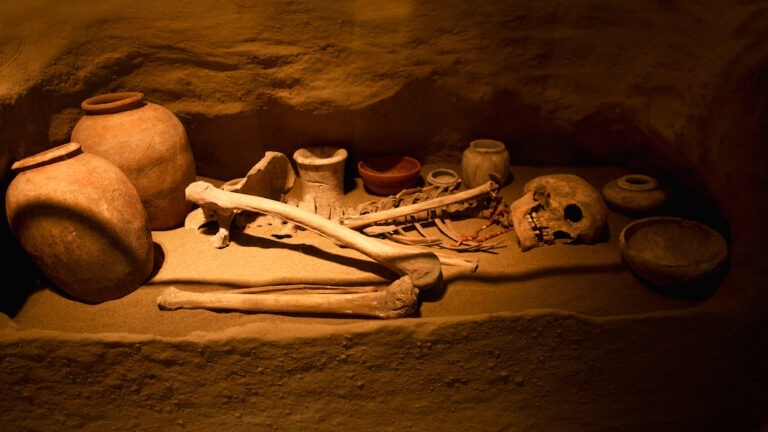
A new discovery from ancient Egypt has been made, with more than 100 tombs found from a pre-pharaonic era.
Egyptian archeologists have unearthed more than 100 burial tombs at an ancient site in a Nile Delta province. This new find includes 68 tombs dating to the pre-dynastic period from 6,000-3,150 B.C., as well as five oval-shaped tombs from the Naqada III period that spanned from around 3,200-3,000 B.C., and 37 rectangular graves from the second intermediate period when the Hyksos people ruled ancient Egypt.
Archeologists also found human remains of adults and children and pottery in the graves, but as archeologists make significant findings like this around the world, what makes this one stand out?


